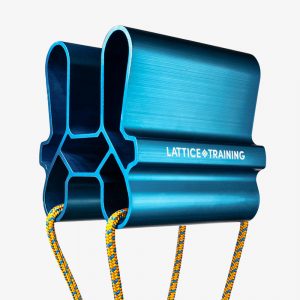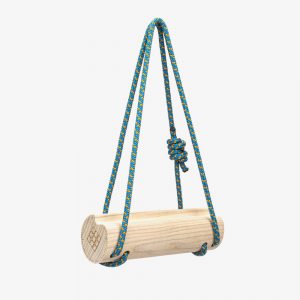3 Strategies for Reducing Frustration on the Wall
Feelings of frustration and irritability are commonly experienced in climbing; when we challenge ourselves, we can’t expect everything to go smoothly all the time.
We may experience more frustration when we’re mentally/emotionally fatigued, have had disturbed sleep or in line with our hormonal fluctuations.
But getting overly frustrated on a route or at the crag can interrupt our focus, meaning we don’t perform as well. It also makes the day less enjoyable!
We hear a lot of ‘re-frame the situation’ or ‘change your mindset’, but this can feel tricky when we are frustrated in the moment.
3 Practical Tips for Managing Frustration in the Moment
Here are a few practical things I, coach Maddy Cope, find useful when I get frustrated on a project:
1. Slow Down
When we get frustrated, we often start to rush. We might quickly pull up the rope, rush through sequences or not rest long enough between links or working moves. Often when we rush, our climbing quality goes down further, which can lead to more frustration!
There are lots of ways to slow down, but some that I find useful are:
- Counting 5 deep breaths
- Clipping in direct to bolts and slipping off my climbing shoes
- Mindfully brushing the holds and taking in the detail of the rock
- Singing a few lines of a song in my head
2. Watch your language
What we say and how we say it affects how we are feeling. Even if feelings of frustration came first, frustrated language and tone of voice will perpetuate that feeling; we may speak angrily or talk to ourselves unkindly or negatively. You may find the frustration doesn’t fade away because of this.
Once we’ve taken a moment to slow down, using tip 1, we may regain some control over our feelings. We can choose what we say and how we speak to ourselves and to our belayer to help ease our feelings of frustration.
Take a moment to breathe deeply, calm down and think rationally about the climb and what you can do to improve.
Communicating with your belayer can help ease your mind. I like to use ‘present’ language, i.e. language that emphasises that my frustration is temporary. For example…
“I am finding this move difficult right now” vs “I always find this move hard!”
The aim is not necessarily to deny the fact that you are feeling frustrated – this is normal, this happens. Instead, the intention is to not let it impact your whole day.
3. Body language
This applies both while on route and also when you get down to the ground.
The communication between body and mind is two-way. If you relax your posture, you may find it helps relax your mind.
Relaxing your face, smiling, standing up straight or bouncing playfully on the rope. All these things can help start the process of relaxing your mind.
That way, we can focus our energy on the process.






Slightly irritiating picture for a Women’s Training Series article 😀